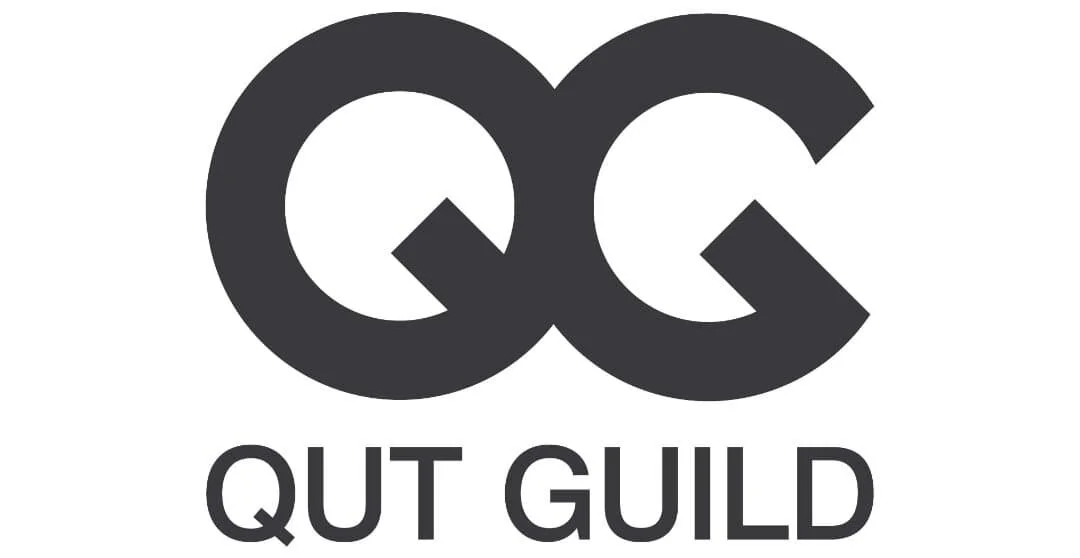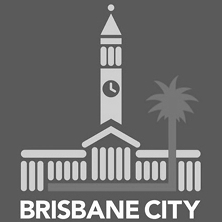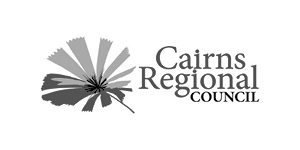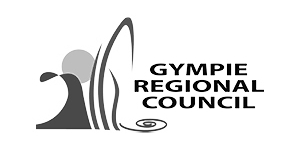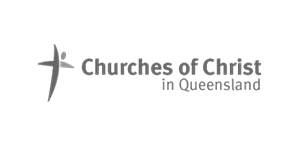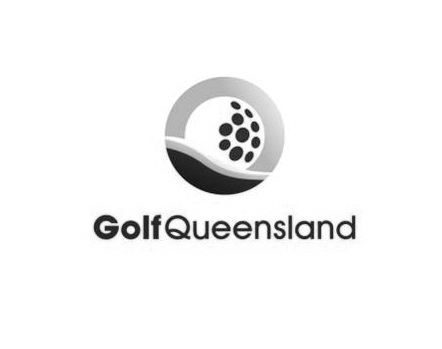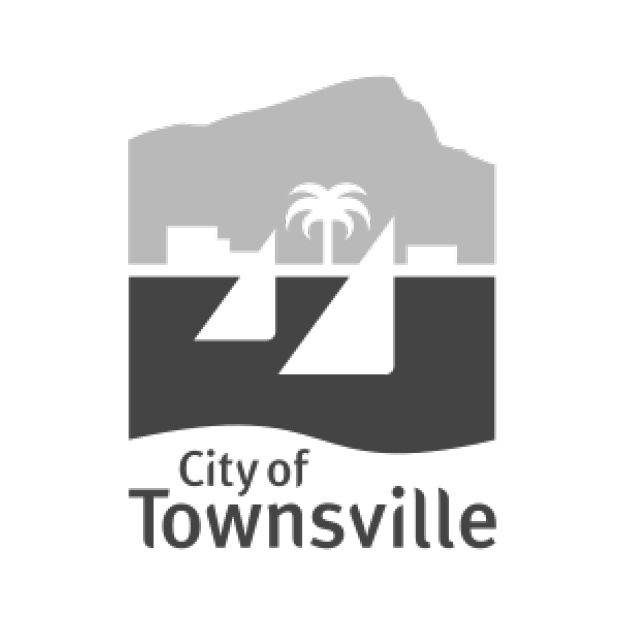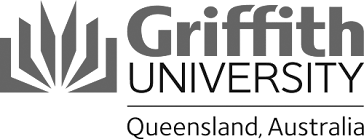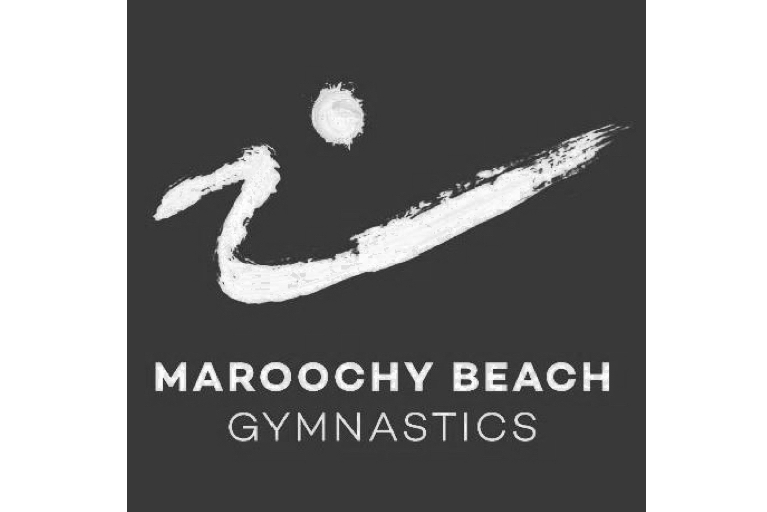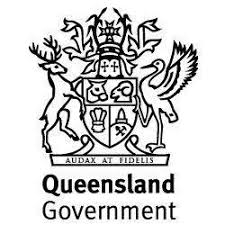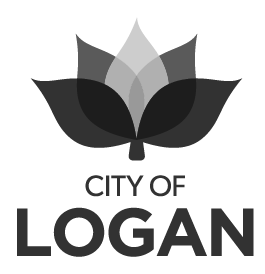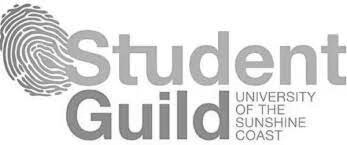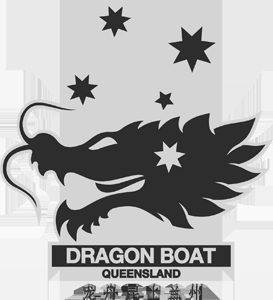Strategy
Volunteers are the lifeblood of sports clubs, playing essential roles in everything from coaching and organising events to managing facilities and ensuring player well-being. They need to be nurtured and appreciated; if they aren’t, they can lose interest and enthusiasm. With this suggested approach, your club will reap the benefits of a dedicated, skilled, and passionate volunteer team that feels appreciated and ready to contribute for the long term.
Change rooms and washrooms are no longer just functional spaces—they are becoming symbols of inclusivity and psychological safety. Modern facility guidelines increasingly recognise this importance through overarching principles and design notes. Still, guidelines can easily fall out of step with best practices in this continually evolving area. CPR Group is committed to staying at the forefront of this evolving conversation and supporting Councils, clubs and other organisations as they navigate this transition in future facility improvements.
Equitable access is a commitment to fostering inclusive spaces where every person feels empowered to move freely. While laws provide essential frameworks, individual actions play a pivotal role in making spaces accessible. Through our community work at CPR Group, we’re seeing what is required to encourage communities to take shared responsibility for creating accessible, inclusive public spaces.
The heart and soul of a community often lie in the venues where people gather. Through our work on the Sunshine Coast Community Venues Audit Report, we uncovered invaluable insights that will shape the future of community venues in the region. Our sporting clubs have unique potential as community venues. What’s the path forward to activate sporting clubs as community venues?
Succession planning, an important aspect of long-term stability, has proven challenging for several local organisations within your LGA. Key hindrances span from members' uncertainties about leadership responsibilities to the perception that current leaders are unparalleled, compounded by the knowledge void created upon their departure. Moreover, stringent regulatory demands often divert attention from crucial long-term goals. However, by integrating succession measures into routine strategic discussions, championing the transfer of knowledge through mentorship programs and understanding succession as an ongoing commitment, we can ensure fluid leadership transitions and fortify our local organisations' futures. Let's collaborate to build a resilient LGA community together.
Community venues play a vital role in bringing our community closer, offering a variety of organised activities, groups and events that foster connections, engagement and a sense of belonging. Additionally, some of these places can serve as convenient hubs for delivering essential services and programs that address our community's social requirements and enhance its overall strength. CPR Group provides support to local governments looking to develop a tailored, more structured approach towards community venues.
By engaging a strategic planning expert, your organisation can reap benefits such as an unbiased perspective, expertise in facilitating complex planning processes and effective time management. CPR Group helps keep the planning process focused, prevents it from getting lost in day-to-day operations and contributes to crafting an engaging an effective strategic plan. For your organisation, this approach can save you precious volunteer hours and ensure a long-term vision is clearly defined. Reach out to CPR Group to learn more about how an external facilitator can transform your strategic planning process.
For over 25 years, CPR Group has been a steadfast supporter of Australian clubs, organisations and Councils. We possess a deep understanding of the diverse perspectives involved in ensuring the successful operation of sports clubs and community organisations. Throughout this year, CPR Group has taken a proactive approach by hosting a series of free webinars, aimed at equipping these groups with effective strategies to overcome their most pressing challenges. So far this year, we have conducted highly successful webinars, covering topics such as Asset Management, Planning for Success, Succession Planning, and AGM and Constitution Support. The positive feedback received from all attendees has been inspiring.
Many of the fights that arise between different tenants of the same sporting facilities stem from a lack of leadership and direction from the local Council when the sharing arrangements were originally set up, years or even decades earlier.
As the pressure on public open space continues to grow, how can local governments best plan for effective multi-use of sports grounds? The shared use of sports facilities remains a hot topic, especially as land becomes more valuable in densely-populated and fast-growing communities. So where should a Council wishing to develop a community leasing policy or a tenure policy for shared use of sports grounds begin? In this article, we share what we think it takes to create a sustainable culture of facility sharing and we provide practical advice for Councils seeking to make improvements.
In a recent episode of our Basket Case Clubs podcast, Michael and Steve Connelly addressed the importance of Council officers pushing the right projects and how volunteers in clubs should commit to good project planning. This approach can increase political benefits to elected representatives and make sure Councils deliver the best projects for their community.
Data modelling and analysis, hand in hand with community consultation can provide the basis for realistic, long-term and balanced sport and recreation facility planning for a town, a region, or state and national sport.
What does the future hold for the 280 or so bowls clubs currently operating in Queensland? Confronted by declining memberships, increasing maintenance costs and ageing volunteers, many face a perfect storm. Add in the impacts of coronavirus restrictions and it is easy to see that, for many bowls clubs, their very survival is at risk.
Many Councils are finding themselves responsible for the new era of community museums. While this transition to Council management may bring fears of uncertainty – it is also an opportunity to secure a feasible and exciting future for our community museums. One thing is for certain, the old way of doing things is no longer sustainable.
Since high school, we’ve been taught to set SMART Goals. For the most part, this is ok, but there is a fundamental drawback to setting SMART Goals. So clubs should be setting Goals that are not SMART for their clubs instead!
The first step for any club wanting to turn their vision into a reality is to actually have a clear vision. It seems obvious, but you would be surprised how often this step is missed.
Fig Tree Pocket Equestrian Club was awarded a grant through Brisbane City Council’s Building Stronger Communities Program to improve club governance and long-term sustainability.























